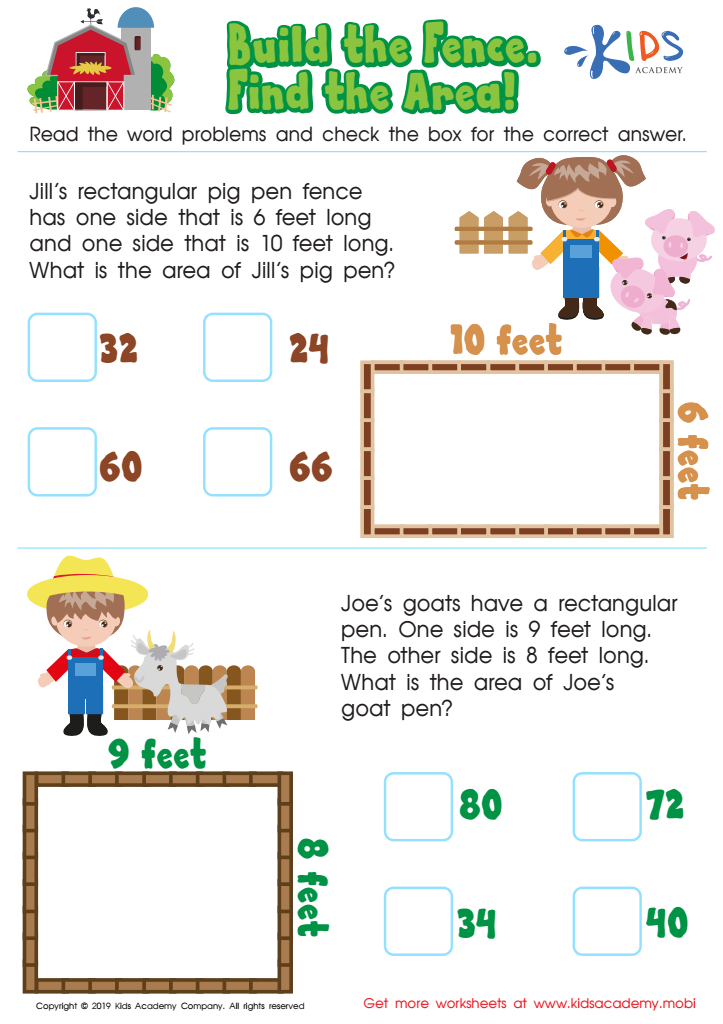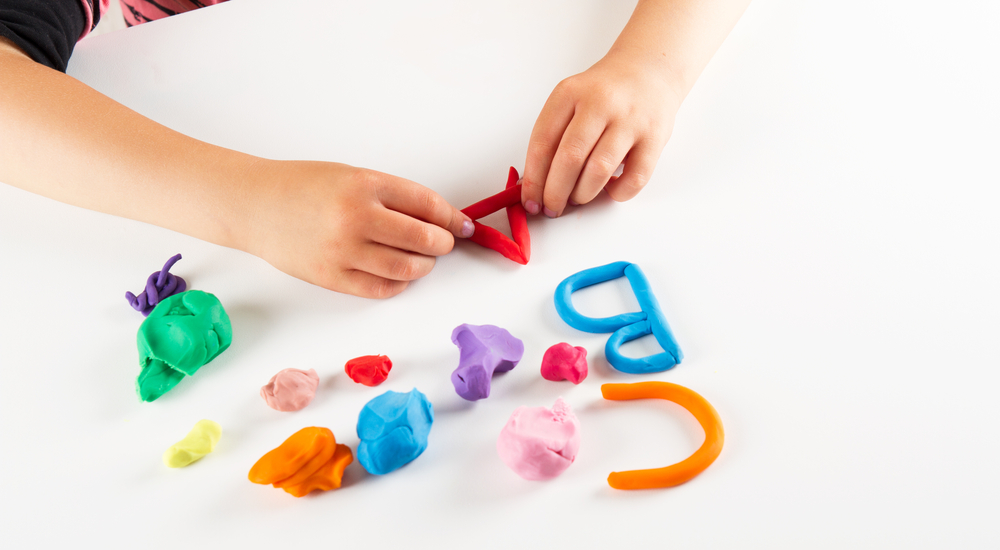Practical applications of math Worksheets for Kids
1 filtered results
-
From - To


Build the Fence, Find the Area Worksheet
Question/Answer
What does the Practical applications of math skill mean when it comes to Grade 3 Geometry learning?
The practical applications of math skills in Grade 3 Geometry involve using geometric concepts in real-life scenarios. It means students learn to apply their understanding of shapes, sizes, patterns, and spatial relationships to solve problems they might encounter outside the classroom. This could include activities like measuring objects, identifying shapes in their environment, and understanding maps or floor plans.
How to train the Practical applications of math skill in Grade 3 students learning about Geometry?
To train Grade 3 students in the practical applications of math skills in Geometry, engage them in hands-on activities such as building shapes with blocks, drawing and measuring angles and lines with protractors and rulers, and identifying geometrical shapes in their environment.
How to test a Grade 3 student’s Practical applications of math skills?
To test a Grade 3 student's practical applications of math skills, incorporate real-world problems that require arithmetic operations, like simple addition, subtraction, multiplication, and division. Use scenarios involving time, money, measurement, and geometry. Examples include calculating change, adding up prices, determining the duration of activities, measuring objects, and identifying shapes in everyday objects. Tailor the difficulty to their learning level.
 Assign to the classroom
Assign to the classroom

.jpg)










